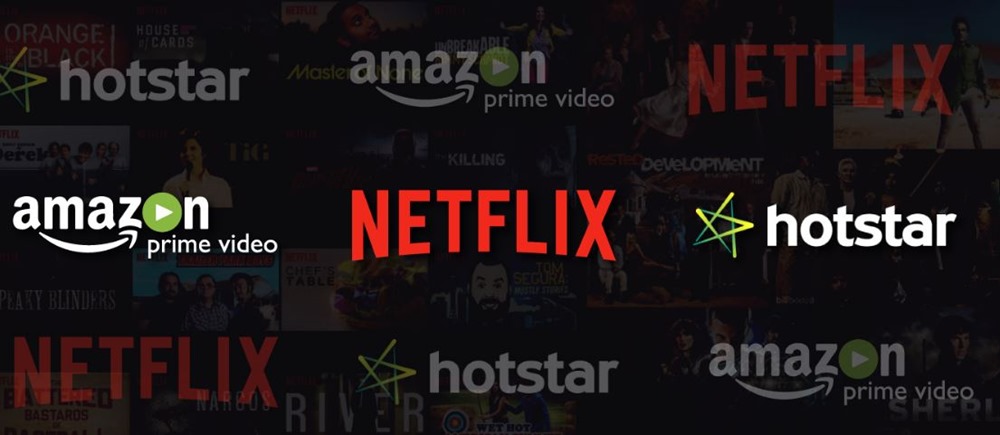Netflix, Amazon Prime Will Stop You From Password Sharing; Every Login May Need OTP Now!

With every passing second today, more and more millennials are diverting themselves towards Over-the-Content (OTT) platforms in India, be it Netflix, Amazon Prime, Hotstar, MX Player or any of the plethora of such platforms available today.
Speaking of which, the trend of password sharing and freeloading, which means accessing these platforms for their content without actually paying for its services, is gaining much traction too. Due to such malpractices, these platforms are shedding millions of revenue to loss.
To avoid this, a coalition of of content providers that includes Netflix, HBO, and other cable-industry “titans” are studying ways to change how password sharing works, in a pretty effective way.
The Step to Curb Password-Sharing
Consider your happy days of using Netflix as a freeloader, or ‘parasite’ almost gone. Apparently, Netflix knows your fickle doing and has been keeping a tab on it since some time now. It has never opposed to password sharing and ever took an official stance against it but this is burning the company’s revenue down heavily.
Turns out, Netflix isn’t the only streaming service that wants to curb password sharing. A coalition called Alliance for Creativity and Entertainment, comprising of Netflix Inc., HBO: Amazon, Disney, Viacom, Comcast, and Charter are all devising ways to curb this practice of password-sharing.
They’re discussing new measures to close a loophole that could be costing companies billions of dollars in lost revenue each year.
The most voted ways to curb this action are:
- Requiring customers to change their passwords periodically or to enter codes received via texts to keep watching.
- Other measures may include preventing third-parties from logging in to the same streaming account from a TV-connected device, like a Roku at a second location, while still allowing access to smartphone and tablet apps.
- The most radical idea is logging into a streaming service using biometrics, such as the owner’s fingerprint.
Problems Faced by Cos
Even though there are a number of ways to stop people from freeloading into such OTT platforms, taking measures like such would pose aggressive risks trailing with it.
It is just too easy to get the product without paying for it. Companies believe that these freeloaders, mostly comprising of youth shall never pay for these services, no matter how many hassles they endure.
This will in turn alienate the customers who’re actually paying for the subscriptions, as they could get frustrated and stop using the app, or cancel their service. In other words, plenty of downside and possibly little upside.
Companies Burning Huge Sections of Revenues
The pay-TV industry is projected to lose $6.6 billion in revenue from password sharing and piracy this year, as per analysis. By 2024, the number could grow to $9 billion.
The Alliance for Creativity and Entertainment was formed 2 years back, to reduce online piracy. Last month, the group announced that it’s turning its attention to password sharing.
The problem is online TV services are too generous about password sharing.
- Disney+ and Apple TV+ allows up to six people to stream from one family plan.
- Netflix offers support for four simultaneous streams for its most expensive account.

Comments are closed, but trackbacks and pingbacks are open.